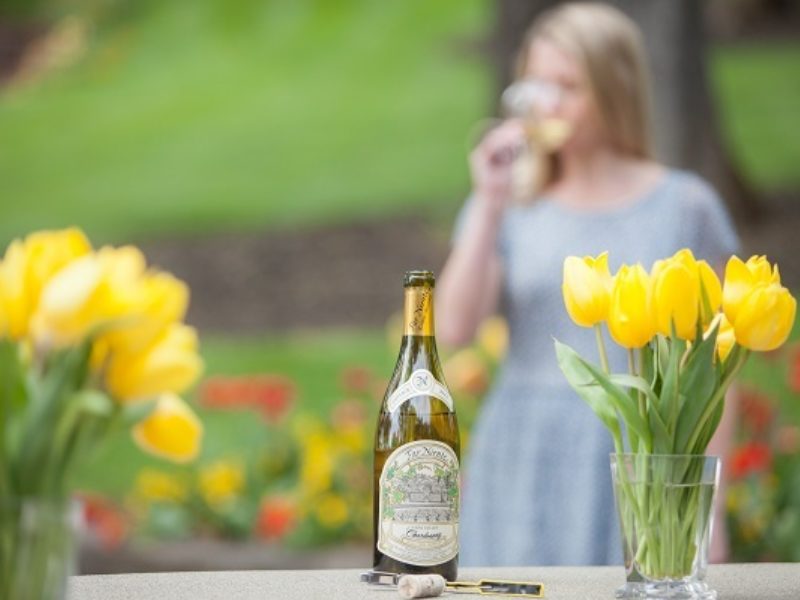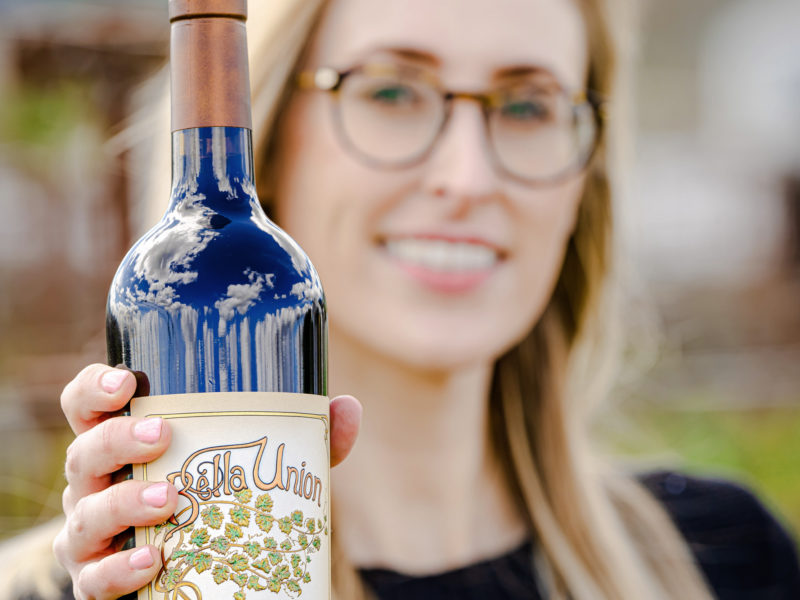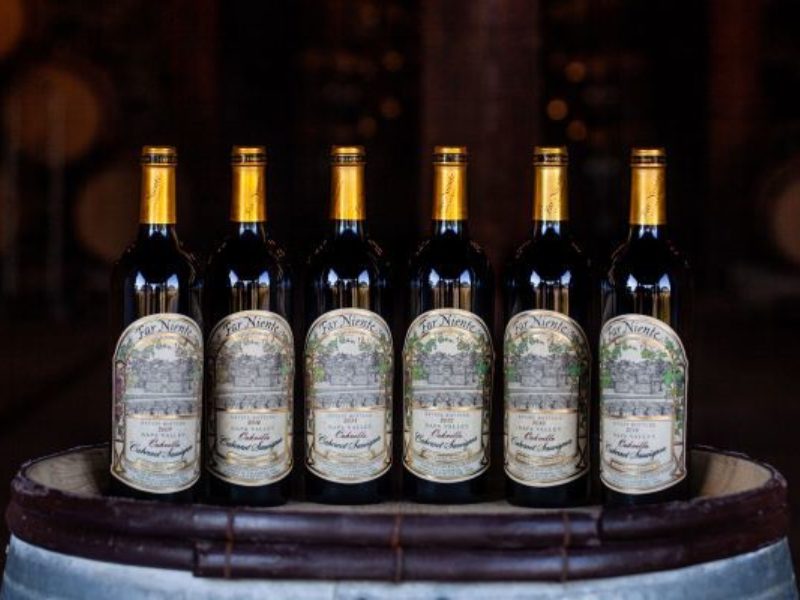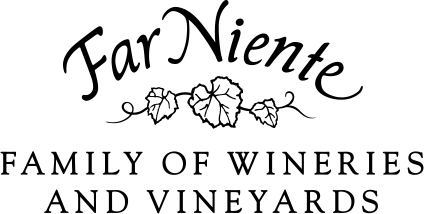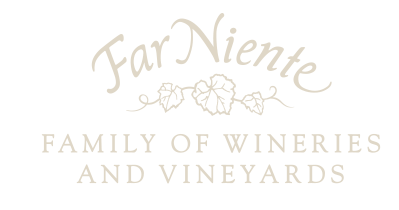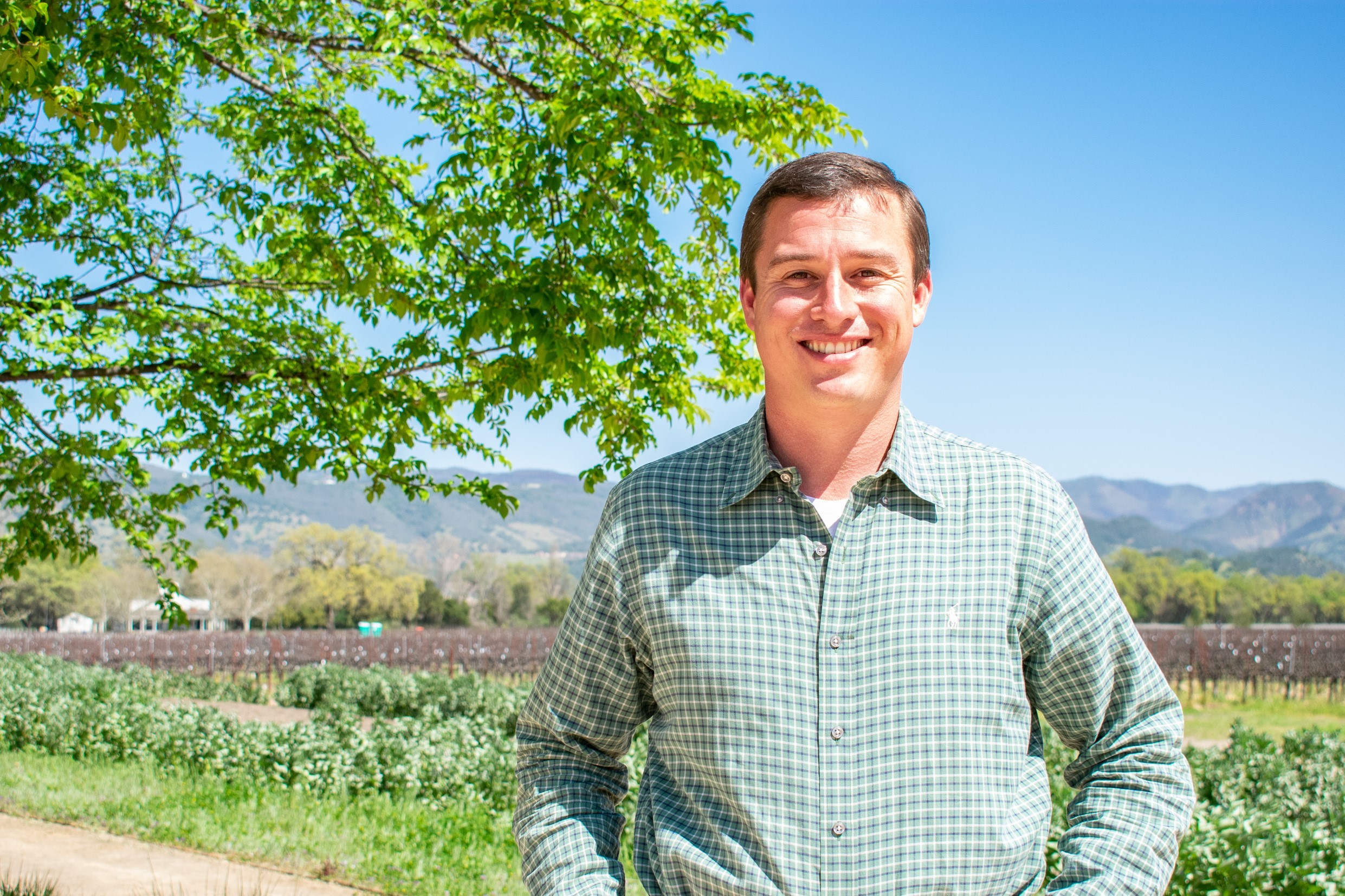
Spring is in full bloom, and we’re spending the days leading up to Earth Day celebrating biodiversity and sustainability both in our vineyards and at our wineries. When it comes to environmental stewardship, Director of Vineyard Operations John McCarthy may be one of Far Niente Family of Wineries & Vineyards’ biggest champions.
We sat down with John to talk about everything from the Corriedale sheep munching their way across our John C. Sullenger and Martin Stelling Vineyards to how to best protect Napa Valley’s waterways and erodible land. He was excited to share just some of what we’ve been up to in our Napa and Russian River Valley vineyards.
“I find that across our properties in Napa and Sonoma, there’s no one-size-fits-all path for nurturing, sustaining, rebuilding, and protecting our environment. This is especially true when you look at the variations each growing season is throwing our way. Environmental protection on a short-term vs long-term basis can look different; it’s really about perspective when you direct sustainability efforts.” He adds, “We are all in this together for the greater good and I appreciate how dedication and awareness towards environmental protection have become so valued. As a company, we are looking to carbon emissions and water conservation as two focus areas in our sustainability efforts. We have an opportunity; really an obligation as an industry leader, to use best practices and adhere to social and environmental needs in an effort not only protect our future but prevail as stewards of the land.”
Here are some of the opportunities the Far Niente Family of Wineries & Vineyards team is currently focused on:
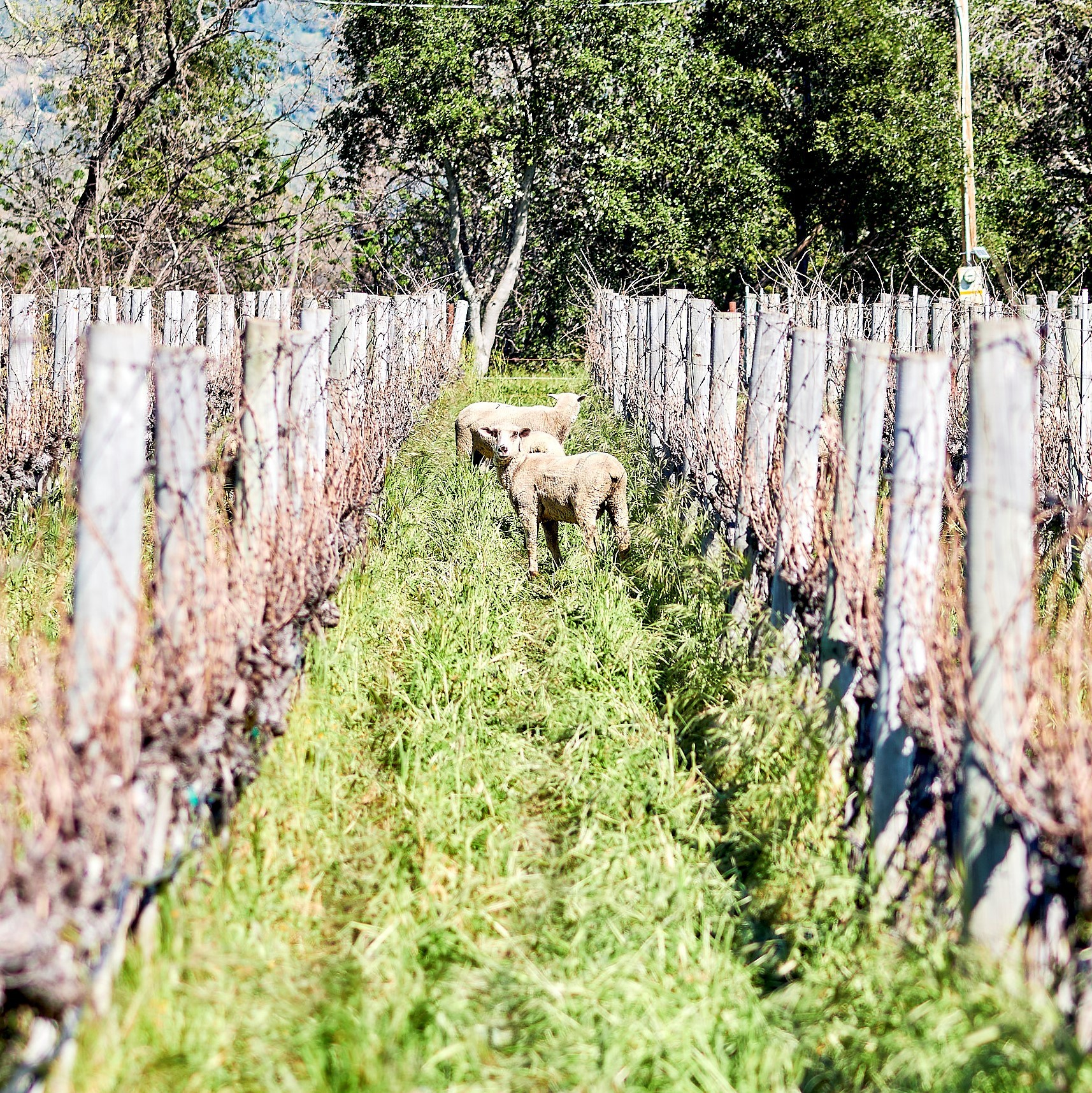
1. Water Conservation: From replanting our estate vineyard blocks with drought-resistant rootstocks to early soil cultivation, drought mitigation is essential to preserving - and improving - the health of the Napa Valley Subbasin. We need our aquifers to recharge each year to sustain their use. We try to minimize our water inputs that supplement the rainfall and provide natural soil moisture content. Processed winery water, tertiary water from the city and captured runoff are all sources that can minimize well-water reliance. We even utilize new technologies that measure vine-water demand, so we don’t over irrigate through the summer months. The overall goal is to improve the ratio of water used to wine produced.
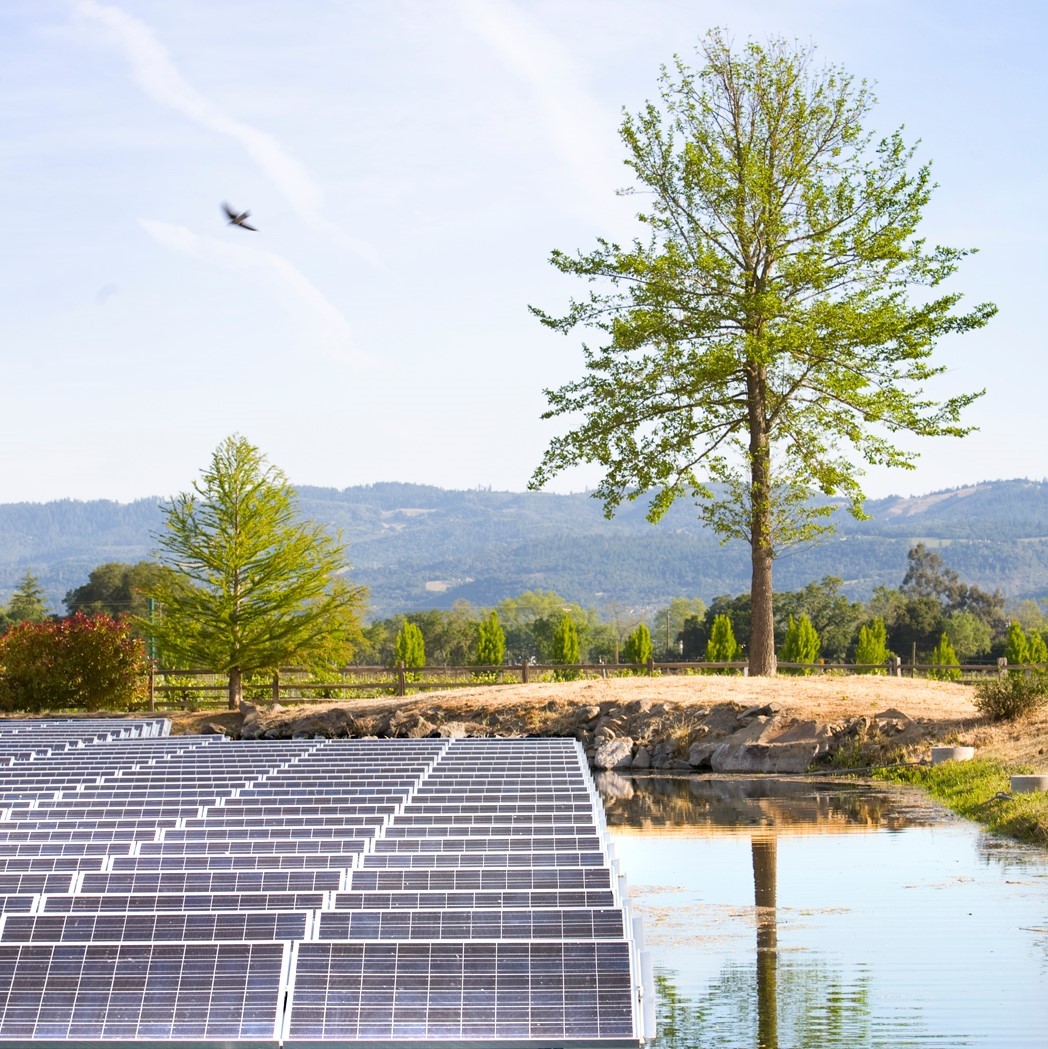
2. Improving Vineyard and Winery Efficiencies: Switching to clean energy is a goal for all aspects of our day-to-day work. Efficient farming can relate to all agricultural activities, including avoiding peak hours of electrical energy usage and implementing multi-row mechanization to reduce tractor-drive time. Efficient farming has become part of the planning process and infrastructure of vineyard developments.
The winery also plans to remain net-zero users of electricity. In 2008 Far Niente installed the first Floatovoltaic™ solar-electric array in the world. “Floatovoltaic” refers to the innovative technology that allows nearly 1,000 solar panels to float on our vineyard pond, soak up the sun’s rays and convert that power to electricity. Combined with 1,300 panels on land adjacent to the pond, this electricity provides energy for everything on the property, from the lights and computers to the equipment used in the cellar. Nickel & Nickel's land-mounted solar panel system was installed and went live in 2007. Located in the Sullenger Vineyard, this 1,904-panel array generates 330 kilowatts at peak output, offsetting the winery's annual power usage and providing a net-zero energy bill.
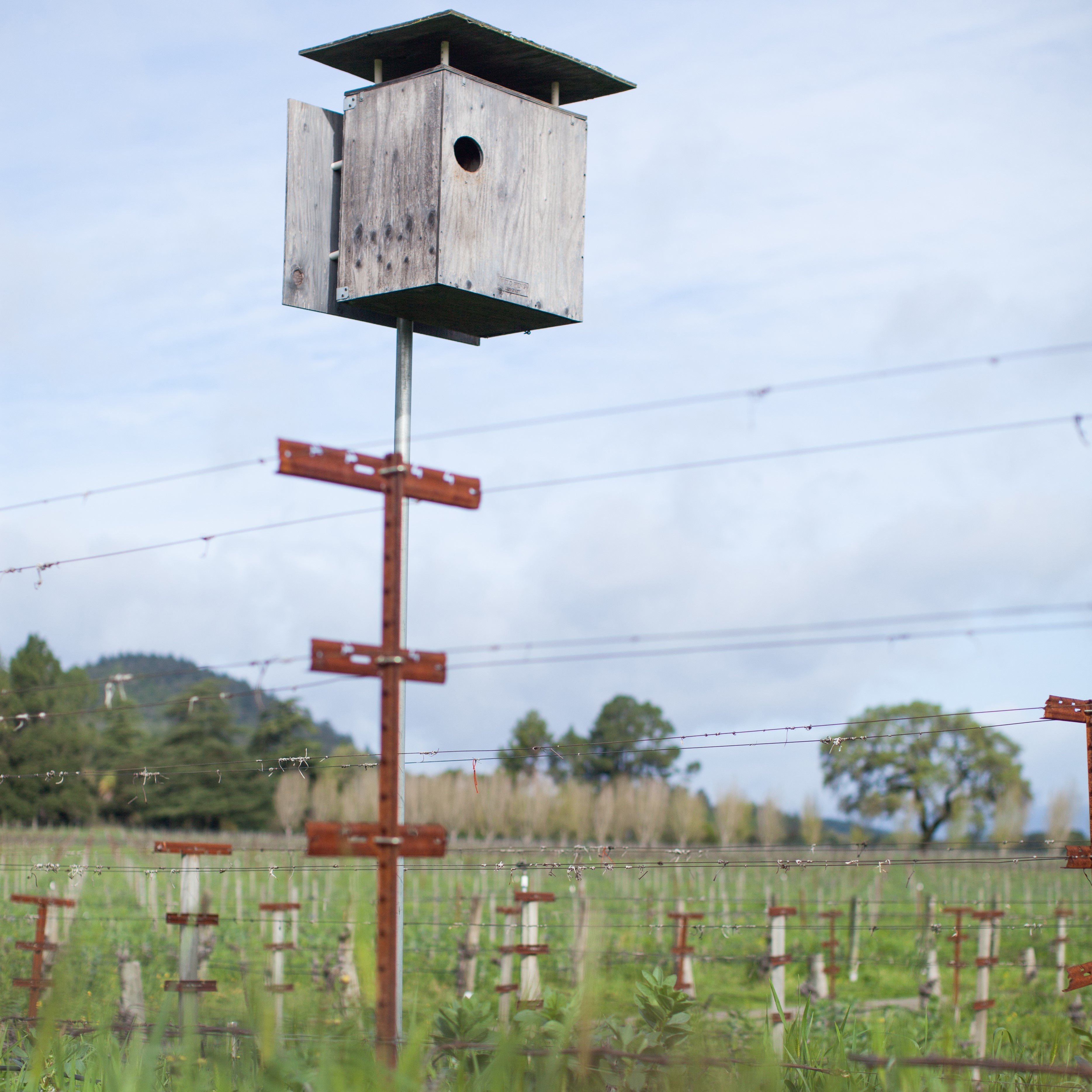
3. Integrating Pest Management: Utilizing in-house licensed pest control advisors, we can sustainably control pests and mitigate the risks they pose. To ensure clean fruit is delivered to our winemaking team, we proactively tackle bio control efforts like predatory insect releases and insect mating disruption that will reduce or eliminate the need for reactive control measures. Rogueing vines that display symptoms of virus is now a common practice to ensure the health of our vineyards is maintained – this eliminates the source of spread, as insects can spread the virus within the vineyard! Minimizing chemical usage against pests (pathogens, weeds and insects) will improve the ecosystem and promote ecology from the ground up – a true representation of sustainability.
While John says we have a long way to go, he’s clearly excited about laying a strong foundation for sustainability at ALL our vineyards and wineries. And we are, too!
By the way, did you know we're Certified Napa Green and Certified California Sustainable?
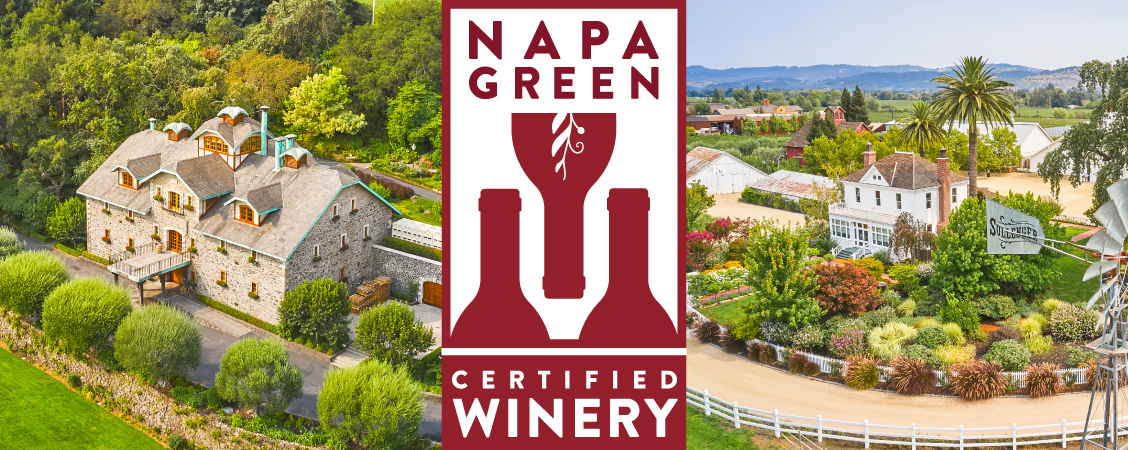
While John continues to make healthy environmental strides out in our vineyards, Operations Coordinator Lindsey Engelbracht is leading the charge when it comes to implementing positive sustainability practices inside our wineries. Thanks to her passionate leadership, both Far Niente and Nickel & Nickel wineries have received their official Napa Green certifications. This comprehensive certification program champions six pillars of sustainability, and looks beyond the vineyard (though they're champions there, too) at everything from waste management in the tasting rooms to bottling sustainability. They also offer workshops and training, encouraging everyone from the cellar crew to our tasting room employees to take part in keeping Napa Valley green.
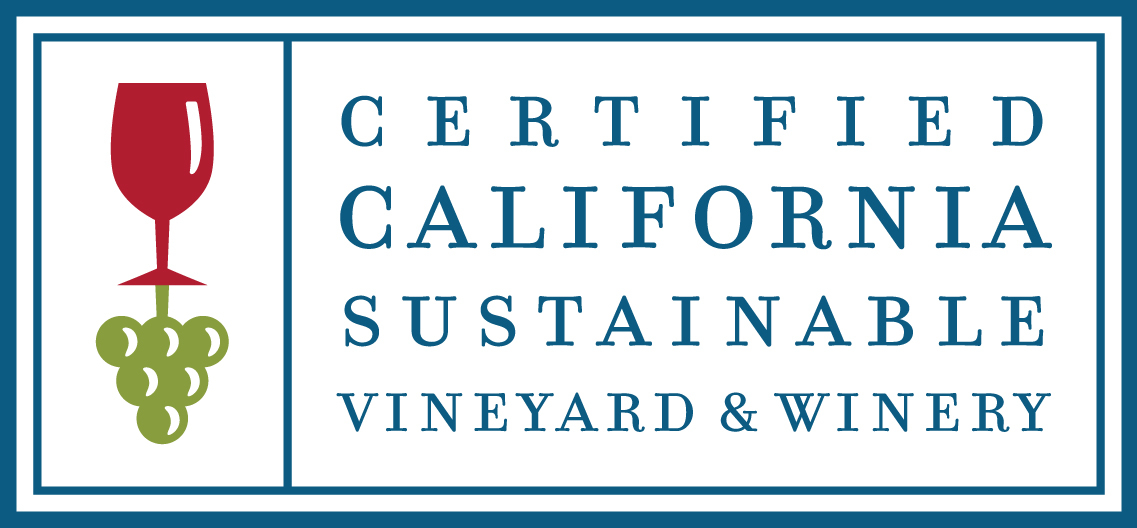
Far Niente, Nickel & Nickel, and Bella Union Wineries are honored to be Certified California Sustainable Wineries. Introduced in 2010 by the California Sustainable Winegrowing Alliance (CSWA), this is a statewide certification program that provides third-party verification that a winery and/or vineyard adopts and implements stringent sustainable winegrowing requirements based on the industry’s code of best practices and commits to continuous improvement in those areas.
As John says, each year, we're learning and improving, and all those healthy changes impact the long-term health of our vineyards as well as the quality of the Napa and Russian River Valley wines that end up on your table!
